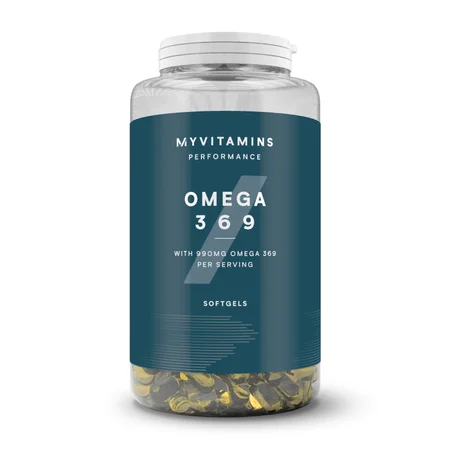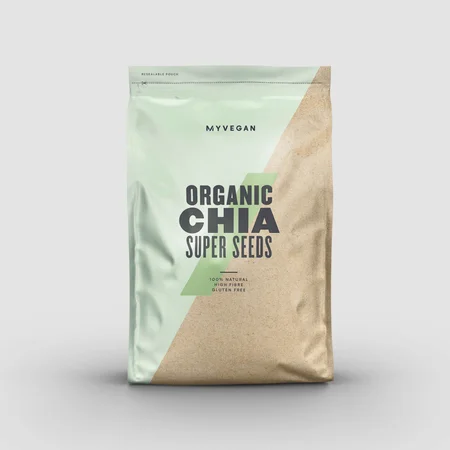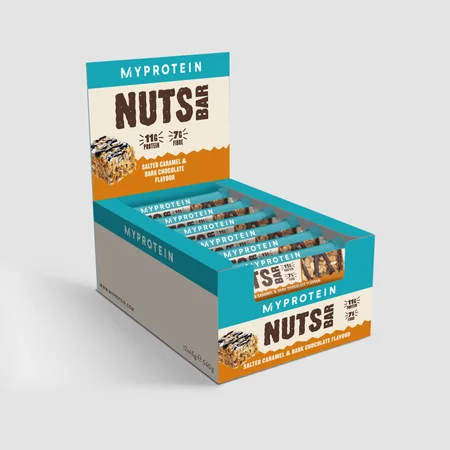Sunflower Seeds: Nutrition & Health Benefits
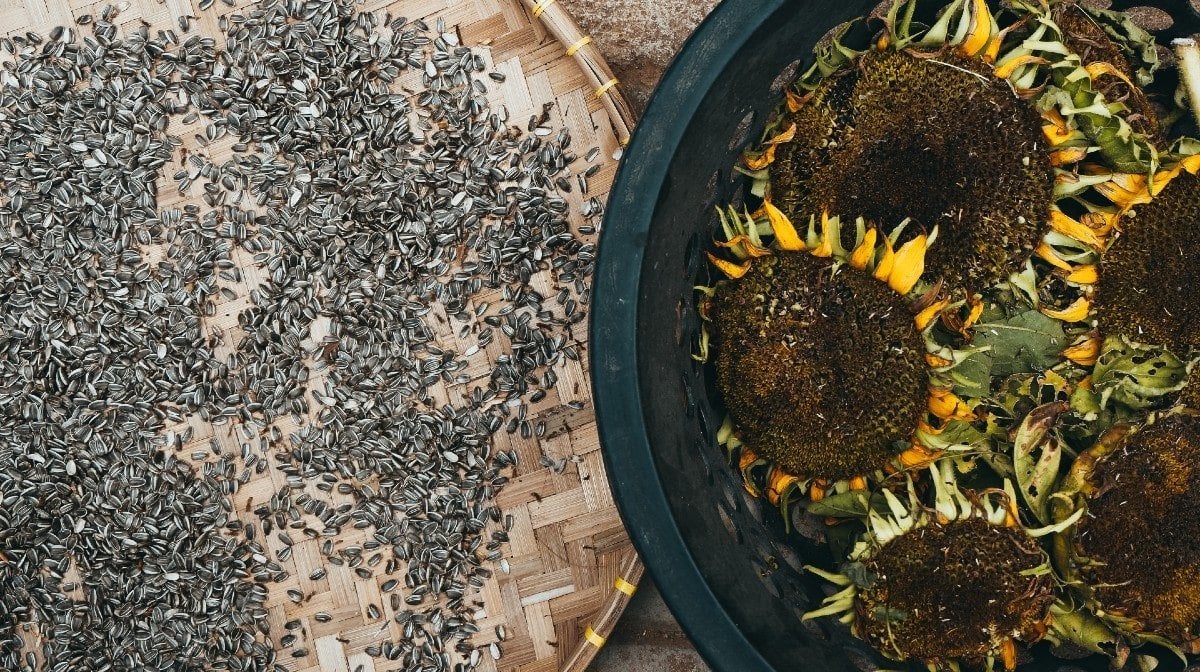

Sunflower Seeds Nutrition
| Nutrient | Per 100g |
| Calories | 269 |
| Carbohydrates | 9g |
| Fiber | 4g |
| Total Fat | 24g |
| Saturated fat | 2.0g |
| Monounsaturated fat | 8.5g |
| Polyunsaturated fat | 10.6g |
| Protein | 9.6g |
| Thiamin | 0.7mg |
| Folate | 104mcg |
| Vitamin E | 15.3mg |
| Choline | 25.3mg |
| Iron | 2.4mg |
| Magnesium | 150mg |
| Phosphorus | 304mg |
| Potassium | 297mg |
| Selenium | 24.4mg |
| Zinc | 5mg |
Sunflower Seeds Health Benefits
Reducing inflammation:
Packed with phytonutrients (plant compounds like phytosterols) that have antioxidant and antiinflammatory properties, sunflower seeds can help to reduce inflammation.
Supporting heart health:
The polyunsaturated fat (rich in oleic and linoleic acid), fiber, and phytosterols found in sunflower seeds can support the good cholesterol (HDL) in our blood and overall heart health.
Supporting the immune system:
A 100g serving of sunflower seeds contains more than a third of your daily requirement for both zinc and selenium, which are crucial for boosting your immune system.
Supporting healthy growth and metabolism:
Folate is a key nutrient for development and important for women of child bearing age. All of the B vitamins found in sunflower seeds are crucial for the healthy metabolism of carbs, protein, and fat to optimize our performance, energy, and nutrient absorption.

Sunflower Seeds Risks
Because they are a nutrient dense food, they also pack a lot of calories in a small serving - so be mindful of how much you are consuming in relation to your calorie or macro goals. While allergies to sunflower seeds are rare (the butter made from sunflower seeds is actually a popular substitute for those who have peanut allergies and can’t eat peanut butter), they should be avoided if you have a known allergy.
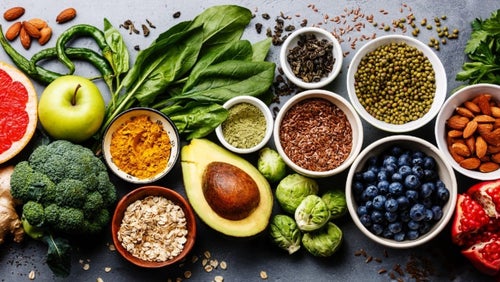
What is the Raw Food Diet? Benefits, Risks & What You Can Eat
The risks might outweigh the benefits.
Take Home Message
READ MORE HERE

Claire is a Registered Dietitian through the Academy of Nutrition and Dietetics and a board-certified Health and Wellness Coach through the International Consortium for Health and Wellness Coaching. She has a Bachelor of Science in Biology and a Master’s degree in Clinical Dietetics and Nutrition from the University of Pittsburgh.
Talking and writing about food and fitness is at the heart of Claire’s ethos as she loves to use her experience to help others meet their health and wellness goals.
Claire is also a certified indoor cycling instructor and loves the mental and physical boost she gets from regular runs and yoga classes. When she’s not keeping fit herself, she’s cheering on her hometown’s sports teams in Pittsburgh, or cooking for her family in the kitchen.
Find out more about Claire’s experience here.
- Sunflower Seeds nutrition information. Nutrition Data – Self.com. Accessed 8/15/21. https://nutritiondata.self.com/facts/nut-and-seed-products/3076/2
- Nandha, R., Singh, H., Garg, K., & Rani, S. (2014). Therapeutic potential of sunflower seeds: An overview. International Journal of Research and Development in Pharmacy & Life Sciences, 3(3), 967-972.
- Anjum, F. M., Nadeem, M., Khan, M. I., & Hussain, S. (2012). Nutritional and therapeutic potential of sunflower seeds: a review. British Food Journal.
